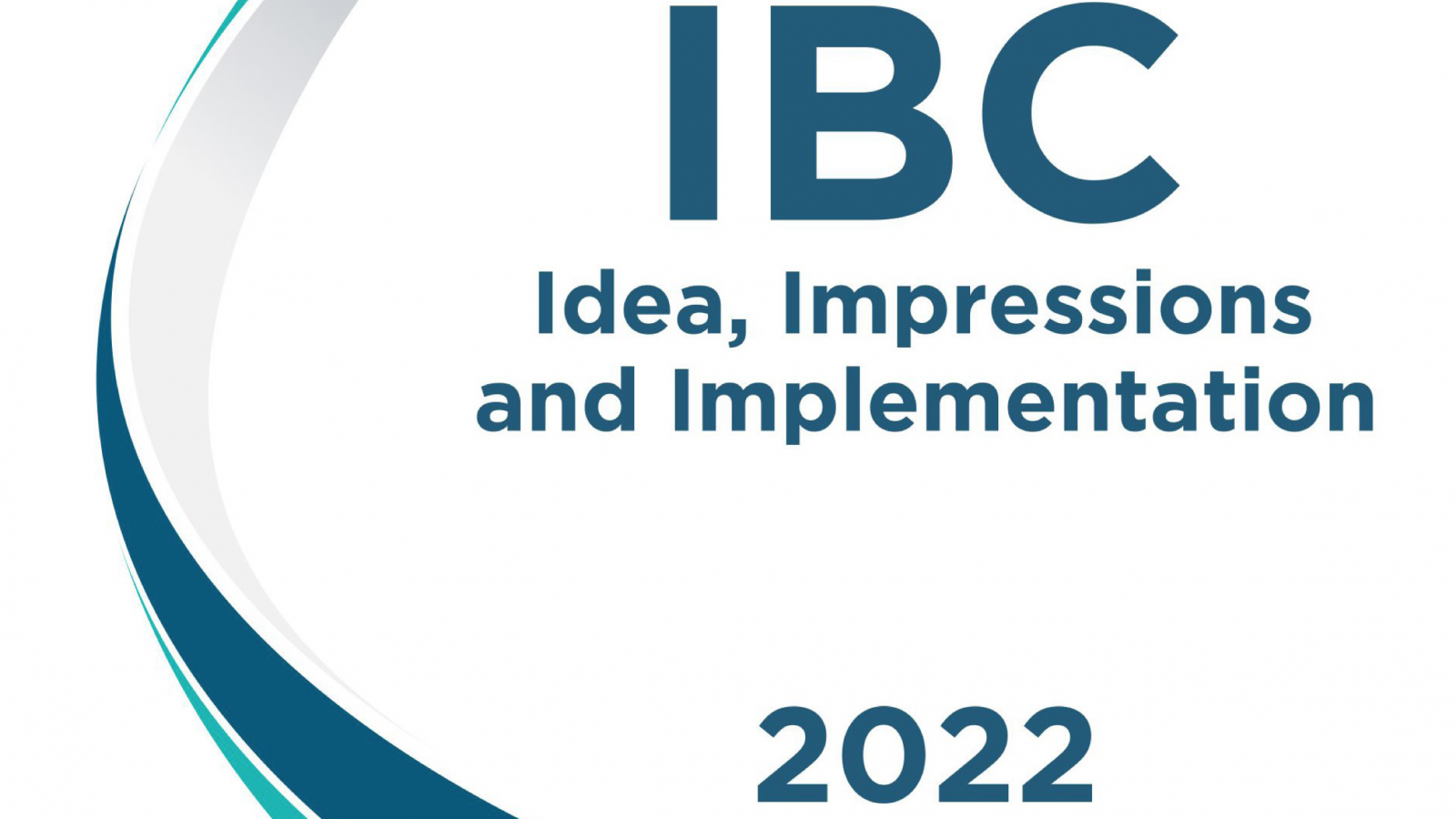The Companies Act, 2013 was enacted in late 2013 and many of its provisions came into force in 2014. Before this law was enacted, companies were primarily regulated under the Companies Act of 1956. The 2013 Act brought about several transformative changes to company law in India. However, it also caused significant implementation issues that undermined ease of doing business and created several arbitrage opportunities for wrongdoers. The 1st Companies Law Committee was set up in 2015 to review the new Act and make recommendations for ironing-out such issues. Six working groups were set up under committee’s aegis to examine issues relating to incorporation, raising of capital, accounts and audit, corporate governance, offences and penalties and subjects falling within the jurisdiction of the National Company Law Tribunal (such as oppression and mismanagement, insolvency and schemes of arrangement).
The committee’s recommendations paved the way for several long-term changes to company law in India. One of its most important recommendations related to improving the transparency of Indian companies by requiring appropriate disclosures about beneficial ownership of shares in line with international best practices. This recommendation was targeted at discouraging the use of shell companies for tax avoidance and money laundering.
The Committee released its report in February, 2016. Many of its recommendations were included in the Companies (Amendment) Bill, 2016, which was introduced in the Parliament in March, 2016 and after being considered by a Standing Committee, got enacted in December, 2017.
About the Contributors

Debanshu Mukherjee
Debanshu is one of Vidhi’s Co-Founders. He has over a decade of experience in commercial laws and the financial sector and has advised the Government of India on several legislative projects in this space. He was instrumental in advising the Government on the design and drafting of the Insolvency and Bankruptcy Code and its subsequent implementation. He has developed and curated Vidhi’s work on insolvency law, corporate law, financial regulation, and competition law and conceptualized its Bankruptcy Research Program. He has served as a member of a Government-appointed committee for operationalizing the National Company Law Tribunal and deposed before two Parliamentary committees examining financial sector legislation. He has also worked as a teaching fellow at Harvard Law School.
He is an alumnus of the Harvard Law School, the University of Oxford, and Hidayatullah National Law University. He attended Harvard as a Fulbright Scholar and was awarded the Irving Oberman Memorial Prize in Bankruptcy and the Dean’s scholar prize in Corporations. He was also awarded a Distinction for his graduate studies at Oxford. In 2017, he was selected for NYU School of Law’s Hauser Global Scholarship, which he waived. His academic work has been published in peer-reviewed journals and an edited book published by Cambridge University Press, New York. He has been consulted by and mentioned in global business publications, such as IFR Asia and The Economist. Earlier, Debanshu practiced as an M&A and regulatory lawyer with AZB & Partners at its Mumbai and New Delhi offices.

Shreya Garg
Shreya is a Senior Resident Fellow, and leads the work at the intersection of law, finance and development at Vidhi. She is currently focusing on independent research work relating to financial inclusion, tech and corporate governance. She has worked on several engaged projects with the International Financial Services Centres Authority, Ministry of Corporate Affairs and the Insolvency and Bankruptcy Board of India. Shreya completed her LLB from National Law University, Jodhpur in 2012 and LLM from Queen Mary, London on a Chevening scholarship in 2019. She also worked with the European Bank for Reconstruction and Development, London in 2019. Prior to joining Vidhi in 2014, she worked as an Associate at Luthra & Luthra Law Offices, New Delhi.

Shohini Sengupta

Joyjayanti Chatterjee

Anjali Anchayil
Anjali worked as a Project Fellow at the Vidhi Centre for Legal Policy.






